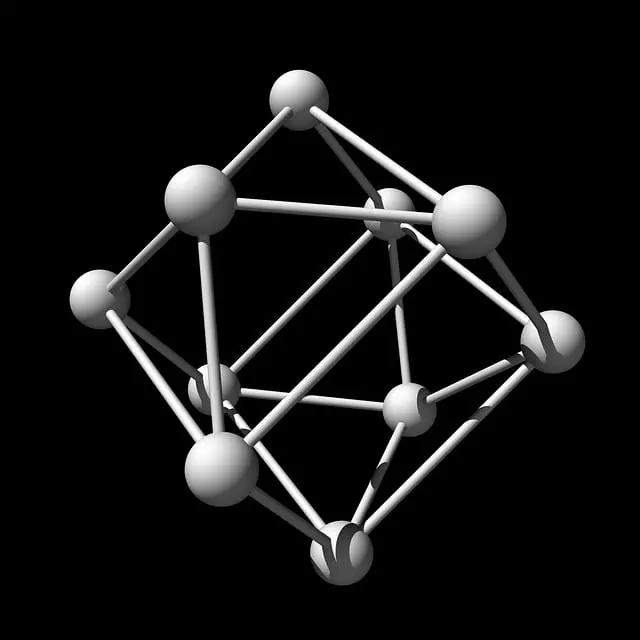Kratom, derived from Mitragyna speciosa leaves, is a natural aid for athletic recovery due to its unique chemical profile, including alkaloids that interact with opioid receptors and stimulate prolactin secretion. Prolactin is key for muscle repair and immune response regulation. Kratom reduces post-workout inflammation and muscle soreness, supporting faster recovery. Through tailored protocols, coaches can optimize kratom usage for athletes, revolutionizing performance preparation by integrating its stress-reducing and pain-relieving properties into recovery strategies.
“Unleash your athletic potential with a groundbreaking approach to recovery: Kratom coaching. This holistic strategy harnesses the power of nature’s gift, kratom, known for its unique prolactin-boosting properties.
In this article, we delve into the science behind kratom and its role in optimizing athlete performance. We explore how kratom can facilitate faster recovery, enhance well-being, and improve overall athletic endurance. Get ready to discover a natural game-changer that could revolutionize your training routine.”
- Understanding Kratom and Its Role in Athletic Recovery
- The Science Behind Kratom's Prolactin-Boosting Properties
- Implementing Kratom Coaching for Optimal Athlete Performance and Well-being
Understanding Kratom and Its Role in Athletic Recovery
Kratom, derived from the dried leaves of the Mitragyna speciosa plant, has gained attention in the athletic recovery space due to its potential therapeutic effects. This natural herb is known for its unique chemical composition, including alkaloids like mitragynine and 7-hydroxymitragynine, which interact with opioid receptors in the body. One of its key roles is to stimulate prolactin secretion, a hormone crucial for various bodily functions, including muscle repair and immune response regulation. By promoting prolactin release, kratom can support athletes’ recovery efforts after intense training sessions or competitions.
The impact of kratom on athletic recovery is multifaceted. It can help reduce post-workout inflammation, which is common among active individuals. Additionally, its pain-relieving properties may alleviate muscle soreness, enabling athletes to recover faster and prepare for their next training session with reduced discomfort. With proper usage and dosaging, as guided by knowledgeable coaches or healthcare professionals, kratom can be a valuable tool in an athlete’s recovery arsenal, contributing to improved performance and overall well-being.
The Science Behind Kratom's Prolactin-Boosting Properties
Kratom, a natural herb derived from the plant Mitragyna speciosa, has gained attention in athletic recovery due to its unique biological effects. One of its notable properties is its ability to boost prolactin levels. Prolactin, often referred to as the “milk hormone,” plays a crucial role in various bodily functions, including muscle repair and immune modulation. Scientific research suggests that kratom stimulates the release of prolactin by acting on specific opioid receptors in the brain. This interaction leads to increased levels of this important hormone, which can significantly impact athletic recovery.
When athletes engage in intense physical activities, they experience muscle damage and stress on their bodies. Prolactin’s role in muscle healing is well-documented; it aids in tissue repair by promoting the growth of new blood vessels and enhancing collagen synthesis. By increasing prolactin levels through kratom coaching, athletes may experience accelerated recovery, reduced muscle soreness, and improved overall performance. This natural approach to recovery holds promise for those seeking alternative methods to enhance their athletic regimen.
Implementing Kratom Coaching for Optimal Athlete Performance and Well-being
Implementing Kratom Coaching for Optimal Athlete Performance and Well-being
Kratom, a natural herb with a rich history in traditional medicine, has gained modern attention for its potential benefits in athletic recovery. Specifically, kratom prolactin, a compound known for its stress-reducing and pain-relieving properties, can play a crucial role in enhancing athlete performance and well-being. By incorporating kratom coaching into training regimens, athletes can harness the herb’s ability to stimulate the release of prolactin, a hormone that promotes muscle repair and reduces inflammation. This, in turn, can lead to faster recovery times, increased stamina, and improved overall athletic performance.
Kratom coaching involves tailored protocols designed to optimize dosage and timing for individual athletes based on their specific needs and goals. Through this approach, coaches can help athletes balance the benefits of kratom with potential side effects, ensuring safe and effective use. By integrating kratom into their recovery strategies, athletes can achieve a holistic approach that goes beyond traditional methods, potentially revolutionizing how they prepare for and perform in their respective sports.
Kratom coaching, by leveraging the natural properties of kratom to boost prolactin levels, offers a promising approach to optimize athletic recovery. The science behind its effectiveness is compelling, demonstrating its potential to enhance muscle repair, improve sleep quality, and reduce inflammation. By integrating kratom into their recovery routines, athletes can achieve better performance, accelerated recovery, and improved overall well-being. This holistic approach, combining the power of nature with evidence-based coaching strategies, holds significant promise for the future of athletic conditioning.






